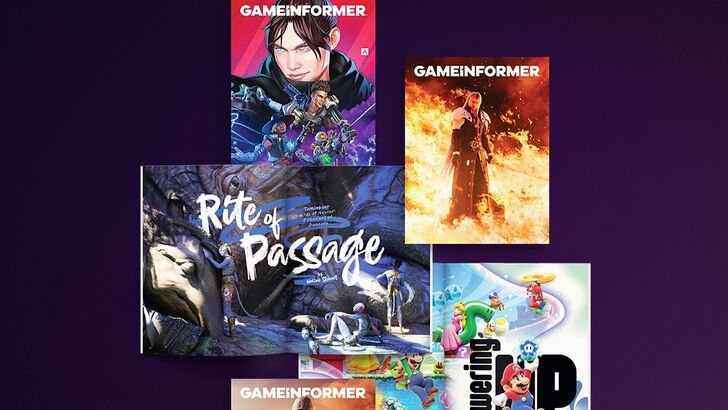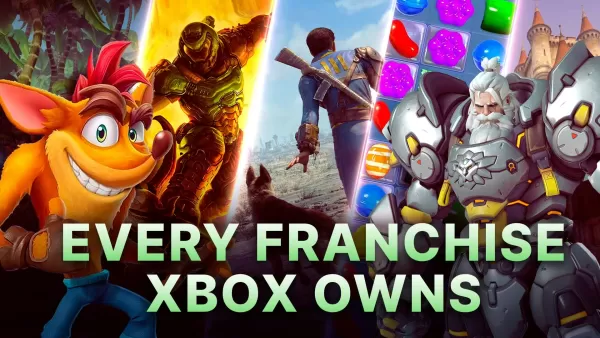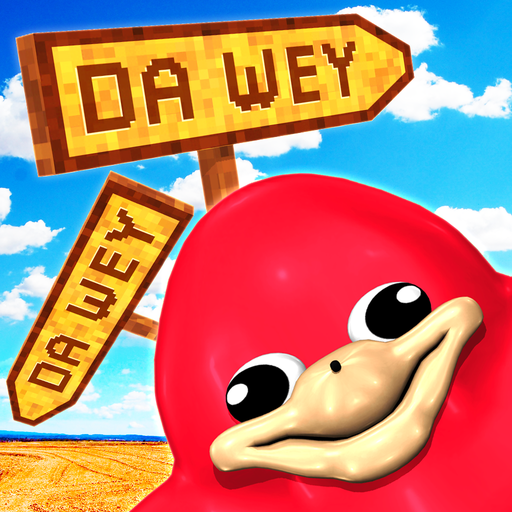
GameStop's decision to shutter Game Informer, a gaming journalism titan with a 33-year legacy, has sent shockwaves through the industry. This article explores the announcement, Game Informer's history, and the emotional responses from its staff.
Game Informer's Unexpected Farewell
The Announcement and GameStop's Decision
On August 2nd, a tweet from Game Informer's X account delivered the devastating news: the magazine and its online presence were ceasing operations. This abrupt closure ended a 33-year run, leaving fans and professionals stunned. The announcement acknowledged the magazine's journey, from the early days of pixelated gaming to today's immersive worlds, expressing gratitude to its loyal readers. While the print and online publications are gone, the spirit of gaming fostered by Game Informer will endure.
The magazine's staff, including those working on the website, podcast, and video documentaries, received the news during a Friday meeting with GameStop's VP of HR. The immediate closure and subsequent layoffs, with severance details to follow, left the team reeling. Issue #367, featuring a Dragon Age: The Veilguard cover story, will be its last. The entire website has been wiped, with all historical links now redirecting to a farewell message—a stark erasure of decades of gaming history.
Game Informer's History

Game Informer (GI), an American monthly video game magazine renowned for its articles, news, strategy guides, and reviews, debuted in August 1991 as an in-house newsletter for the video game retailer FuncoLand. Following FuncoLand's acquisition by GameStop in 2000, Game Informer became part of the GameStop family.
Game Informer Online launched in August 1996, providing daily news and articles. Justin Leeper and Matthew Kato joined as full-time web editors in November 1999. This original site was closed around January 2001 following GameStop's purchase, with both Leeper and Kato later joining the magazine's editorial staff.
GI Online was relaunched in September 2003 at the same domain, boasting a redesigned interface, a review database, frequent news updates, and exclusive content for subscribers.

A significant redesign of the online platform launched in October 2009, coinciding with a magazine redesign. New features included an updated media player, a user activity feed, and user review capabilities. The popular podcast, The Game Informer Show, also premiered at this time.
In recent years, GameStop's struggles amidst declining physical game sales and internal restructuring negatively impacted Game Informer. Despite GameStop's meme-stock surge, job cuts continued, including nearly annual layoffs at Game Informer. After removing physical Game Informer issues from its rewards program, GameStop recently allowed the publication to sell directly to subscribers, a move that offered a glimmer of hope before the ultimate closure.
Employees' Reaction Online
The sudden closure has left former employees devastated and shocked. Social media posts express disbelief and sorrow over the abrupt end of their work and the publication's legacy. Long-time staff members shared memories and frustration over the lack of notice and the loss of their contributions.
Konami's official X account offered condolences, stating, "Thank you for what you have brought to the video game industry... We will never stop fondly reminiscing about waiting for that next issue to arrive in the mail."
Former staff members voiced their dismay. Kyle Hilliard, former content director, noted they were "about 70% done with the next issue and it was going to have a GREAT cover." Liana Ruppert, a former staffer, lamented the loss of her work and expressed concern for those with longer tenures. Andy McNamara, a former editor-in-chief with a 29-year tenure, shared his heartbreak over the publication's end.


Bloomberg's Jason Schreier pointed out the uncanny similarity between the farewell message and one generated by ChatGPT, highlighting the impersonal nature of the closure.
Game Informer's closure marks a significant loss for gaming journalism. For 33 years, it served as a cornerstone of the gaming community, providing comprehensive coverage and insights. Its sudden demise underscores the challenges facing traditional media in the digital age, leaving a void in the industry and prompting reflection on its lasting legacy.









